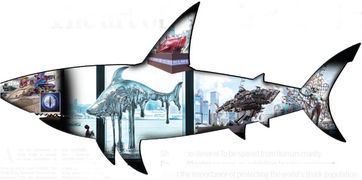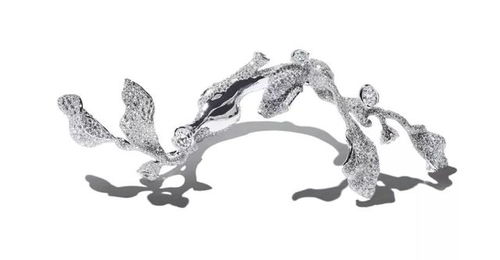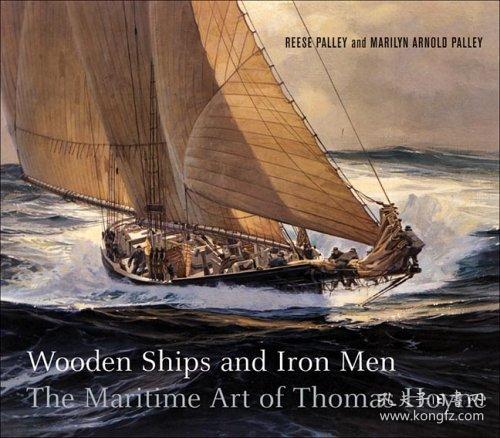Content:
Fishing is an enjoyable and relaxing hobby that requires patience, skill, and a bit of luck. Whether you are a beginner or an experienced angler, there is always room for improvement in your fishing techniques. In this article, we will discuss some effective methods and tips to help you enhance your angling skills and become a more successful fisherman.
Understand the Basics
Before diving into advanced techniques, it is essential to have a solid foundation in the basics of fishing. Familiarize yourself with the different types of fishing rods, reels, lines, hooks, and lures. Learn about the behavior of various fish species and their preferred habitats. This knowledge will help you choose the right equipment and approach for each fishing situation.
Choose the Right Equipment
Investing in high-quality fishing equipment can significantly improve your chances of catching fish. Here are some key pieces of equipment to consider:
- Rod and reel: Select a rod and reel that match the type of fishing you plan to do. A lightweight rod and reel are ideal for casting and retrieving lures, while a heavier setup is better for bottom fishing or targeting larger fish.
- Line: Choose a line that matches the strength and sensitivity of your rod. Monofilament line is popular for its flexibility, while fluorocarbon line is known for its low visibility in water.
- Hooks: Choose the right size and type of hook based on the fish you are targeting. Larger hooks are suitable for bigger fish, while smaller hooks are better for smaller species.
- Lures: Experiment with different lures to see which ones work best for the fish you are targeting. Soft plastics, spinners, jigs, and crankbaits are all effective options.
Learn the Art of Casting
Casting is a fundamental skill that requires practice to master. Here are some tips to improve your casting technique:
- Hold the rod with a comfortable grip, allowing the reel to hang naturally.
- Use a smooth, controlled motion to cast the line, avoiding sudden movements or jerks.
- Practice different casting techniques, such as the overhead cast, sidearm cast, and roll cast, to adapt to various fishing situations.
- Pay attention to the wind and water conditions when casting, adjusting your technique accordingly.
Read the Water
Understanding the water you are fishing in is crucial for success. Here are some tips to help you read the water:
- Observe the surface of the water for signs of fish activity, such as bubbles, splashes, or movement.
- Look for areas with different vegetation, rocks, or structures that may attract fish.
- Pay attention to the current and flow of the water, as fish often congregate in areas with slow-moving water.
- Use a fishfinder or other electronics to locate fish in the water column.
Develop a Sensory Awareness
Being aware of your surroundings and the equipment you are using can make a significant difference in your fishing success. Here are some tips to enhance your sensory awareness:

- Keep your eyes on the water and your hands on the rod, looking for any signs of fish biting.
- Use your sense of touch to feel the line for any changes or movements that indicate a fish is taking the bait.
- Pay attention to the sound of the water, as fish may be detected by the sound of your footsteps or other disturbances.
- Familiarize yourself with the different types of bites and learn to distinguish between them.
Practice Patience and Persistence
Fishing is a patience game, and sometimes it can take hours to catch a fish. Here are some tips to help you stay focused and persistent:
- Set realistic goals for your fishing trip, such as catching a specific number of fish or trying a new technique.
- Take breaks to rest and clear your mind, as this can help you stay focused on the task at hand.
- Be prepared to adjust your technique and equipment based on the fish you are targeting and the conditions you are facing.
- Remember that fishing is a learning experience, and every trip can provide valuable insights and lessons.
In conclusion, mastering the art of fishing requires a combination of knowledge, skill, and persistence. By understanding the basics, choosing the right equipment, and practicing your casting and reading the water, you can significantly improve your angling skills. Remember to be patient and persistent, and you will soon be reeling in more fish than ever before. Happy fishing!












